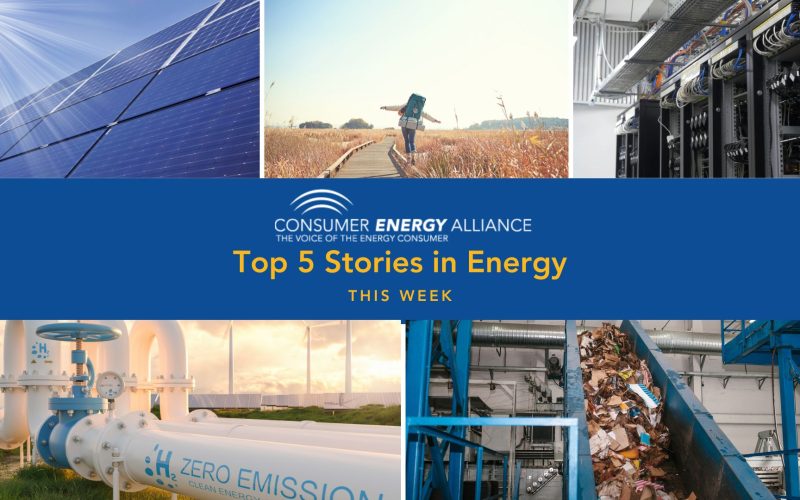THE VOICE FOR THE ENERGY CONSUMER

Headlines were made yesterday as President Biden announced that a bipartisan deal had been negotiated on the long-awaited infrastructure package. However, today, GOP negotiators were less than pleased to learn.

Columbus, OH – Consumer Energy Alliance (CEA), the leading energy and environmental advocate for families and businesses, applauds the Ohio Legislature for passing House Bill 201, which will prevent municipal.

Washington, D.C. – Consumer Energy Alliance (CEA), the leading energy and environmental advocate for families and businesses, released the following statement as the Senate Energy and Natural Resources Subcommittee on.

WASHINGTON, D.C. – Consumer Energy Alliance (CEA) released the following statement as the Senate Energy and Natural Resources Subcommittee on National Parks held a legislative hearing on various bills that.

Discussions continued this week on the security of U.S. infrastructure following the Colonial Pipeline cyberattack. President Biden met with Russian President Putin this week where he outlined critical infrastructure that.

Washington, D.C. – Consumer Energy Alliance (CEA) released the following statement of support for the bipartisan Reinvesting in Shoreline Economies and Ecosystems (RISEE) Act, legislation introduced by Senators Cassidy and.

Harrisburg, PA – Consumer Energy Alliance (CEA), the leading energy and environmental advocate for families and businesses, today urged the Pennsylvania Department of Environmental Protection (DEP) to quickly approve the.

The Department of Interior today announced the first offshore lease for wind energy development off the coast of New York and New Jersey. The proposed lease has the potential to.